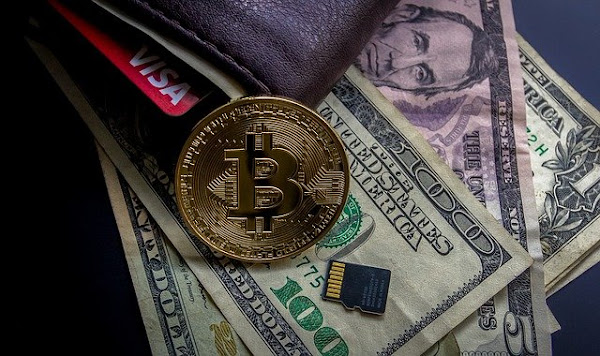Investors are being misled into turning over Bitcoin in a new cryptocurrency fraud (BTC). Scams involving cryptocurrency and digital tokens have become commonplace, posing a risk to potential buyers.
Exit scams, rug pulls, and theft are still common, despite the fact regulators throughout the world are cracking down on fraud through tax laws, securities offering registration, tougher restrictions governing cryptocurrency advertisements, and a careful check on initial coin offers (ICOs). The popularity of cryptocurrencies and NFTs continues to rise, creating breeding soil for new frauds to emerge on a regular basis.
Utilizing Amazon's branding to promote a bogus scheme entitled "Amazon to produce its digital token," cyber-criminals are luring users to give away private credentials from the first step of the scam campaign.
According to Akamai experts, the ongoing cyberattack attempts have profited from the cryptocurrency hype, including scammers using a range of phishing methods based on false rumors. "This particular fraud preyed on consumers' fear of missing out on a special offer to participate in a new cryptocurrency opportunity". Furthermore, in 2021, according to Chainalysis, fraudsters have received around $14 billion in deposits.
Visitors were asked to purchase for the pre-sale tokens with users cryptocurrencies, such as Bitcoin (BTC) or Ethereum (ETH). However, as the tokens aren't real, the funds ended up in the hands of criminals.
Another enticement is a referral programme that allows the attackers to increase the scope of the token fraud with no further effort. In all, mobile devices were used by the majority of visitors to the phoney token landing pages (98 percent). The distribution of mobile operating systems, however, favors Android handsets (56 percent), with Apple iOS coming in second (42 percent). North America, South America, and Asia account for the vast majority of victims.
To avoid being a victim of fraud like this, users are advised to take the following precautions:
- Be wary of bitcoin marketing and social media posts.
- Before submitting information and making a purchase, double-check URLs and websites.
- Don't be fooled by high-pressure techniques like "flash sales," "just a few left," or "buy now."
- Look for legitimate sources while researching what to buy.
- When you see scam ads or postings, report them so they can be removed from social media.
- Be alert, and therefore don't believe everything.
It's essential to avoid chatting with random commentators or accepting unsolicited invitations from strangers, especially now when social media-based communication is at its most over-used in the pandemic.









